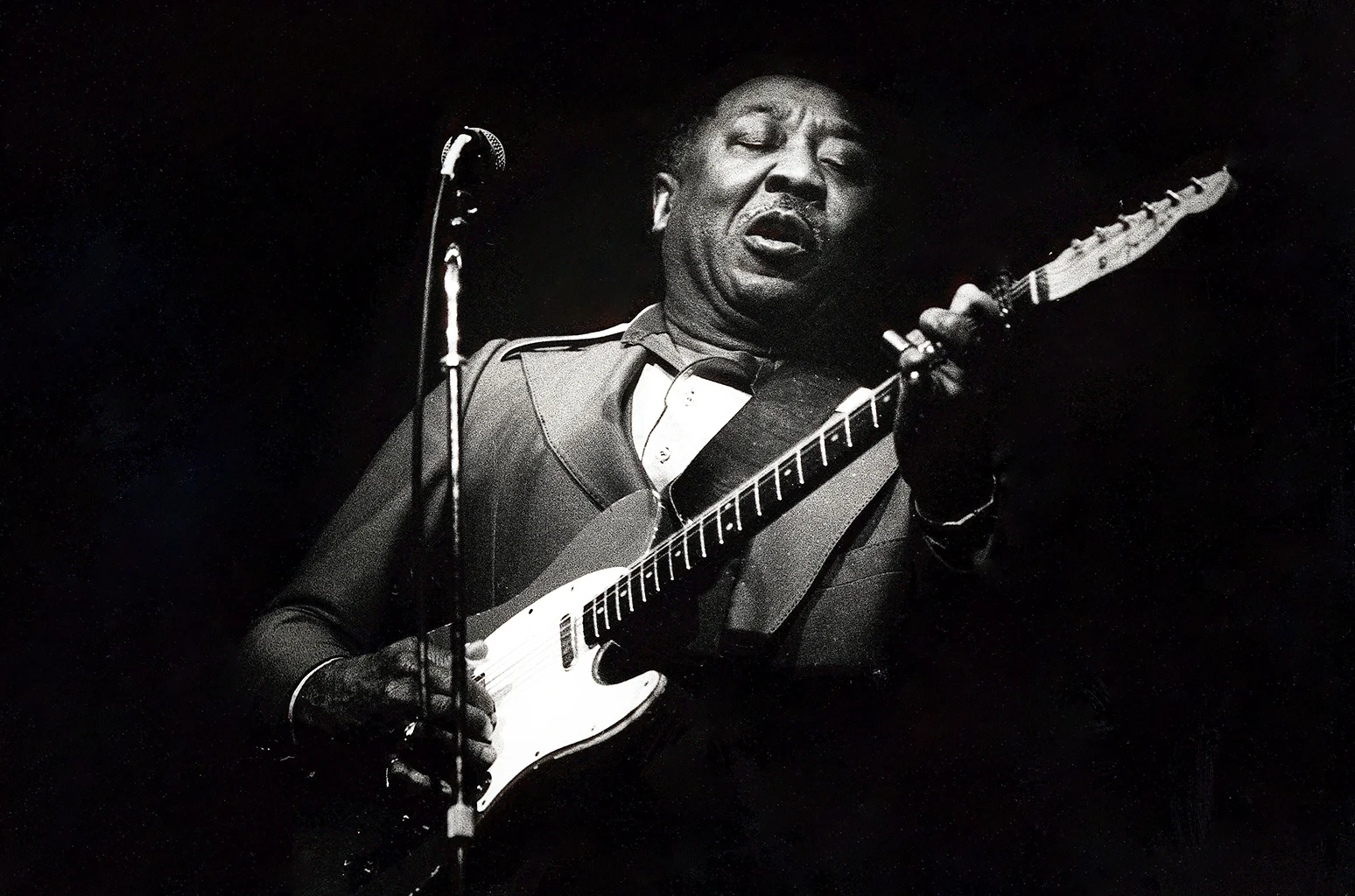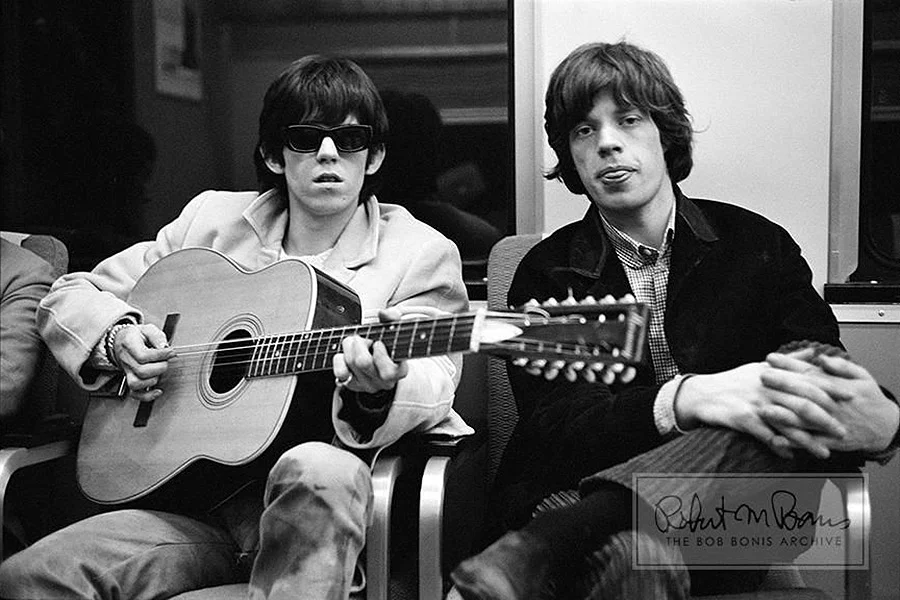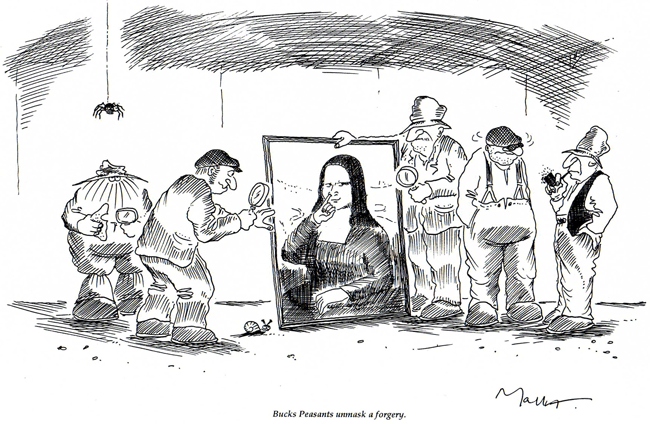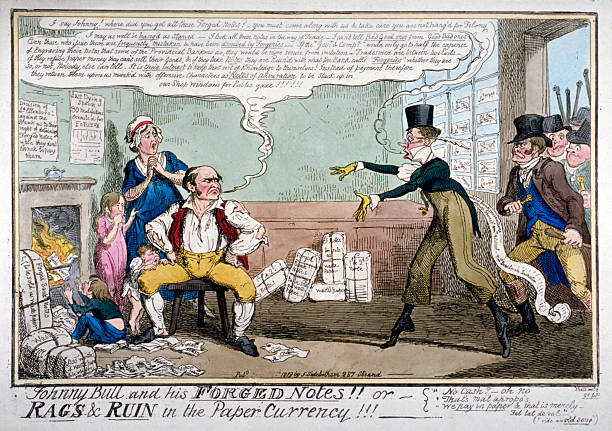By The Landlord
"Real isn't how you are made," said the Skin Horse. "It's a thing that happens to you. When a child loves you for a long, long time, not just to play with, but REALLY loves you, then you become Real."
"Does it hurt?" asked the Rabbit.
"Sometimes," said the Skin Horse, for he was always truthful. "When you are Real you don't mind being hurt."
"Does it happen all at once, like being wound up," he asked, "or bit by bit?"
"It doesn't happen all at once," said the Skin Horse. "You become. It takes a long time. That's why it doesn't happen often to people who break easily, or have sharp edges, or who have to be carefully kept. Generally, by the time you are Real, most of your hair has been loved off, and your eyes drop out and you get loose in the joints and very shabby. But these things don't matter at all, because once you are Real you can't be ugly, except to people who don't understand.”
― Margery Williams, The Velveteen Rabbit, 1922.
Do we all yearn for, to to be real, authentic, like the Velveteen Rabbit and his friend the Horse, or its modern successor (and to a certain extent copier) Woody, Buzz and the other characters of Toy Story, rather than be discarded to the toy cupboard of history, forgotten as copies of our predecessors? What makes something authentic and real, or alternatively fake? Who is, after all, the real thing, the genuine article, and who the copy, the forgery, the imposter? Is that subjective or objective, and how can we look at all of this through the prism of songs, music, and song lyrics?
"Some writers confuse authenticity, which they ought always to aim at, with originality, which they should never bother about," said the highly authentic, and surely also original poet WH Auden. This topic could easily spark a side-debate about what constitutes the genuine, original and authentic in music, but that's not quite what this is really about. After all what is really original? At the most extreme example, you can draw an line in the sand between, say the aural songlines by indigenous Australian as written about by Robert Tonkinson or Bruce Chatwin, the musical stories of the Yolngu or Yarralin peoples and their aboriginal musical journey dreaming tales passed down for thousands of years, and the lip-syncing late-80s German duo Milli Vanilli.
Big influencer Muddy Waters. But what's original? That's another topic of murky waters
But what constitutes authentic when thinking about all the great original bluesmen of the early 20th century, and the white 60s artists, including Mick Jagger and Keith Richards and their earnest studies of Chess Records artists and more, becoming so successfully derivative but, in some ways also new? That's a minefield.
Chess Records enthusiasts Mick and Keith
But really this topic may be best focused on songs that are about searching for authenticity, first and foremost whether that's in things or people or oneself, but also, because there's naturally far more that's not new than original in the world, in that process, finding fakery or forgery in both, from falsehood in behaviour to dodgy goods, bootleg booze and bullshit to forged art.
When we talk of authentic, what's the balance? Are we more likely to think of people, or the things people create? The two are intertwined, of course, shaped by how they relate to each other. Much of yesteryear's knick-knacks and ephemera become today's antiques, because they are chosen by people of an era. In turn, today's new crap could likely become tomorrow's originals if the market so decides. So what's actually valuable, when, and what does value even mean? And should you chuck out your chintz or cherish it?
Modern cultural life, as we cherrypick through actual or virtual marketplaces, can at times feel like a big, confusing, highly programmable algorithmic, smart-settable, dispensable fridge-freezer-auto-shopper-washer-tumble dryer click-jungle of choice, but we also want to search for the genuine article that no one else has, for the sweet, sound, not the clean sample, the original, burnished body-imperfect guitar, not the cheap copy. It's full of contradictions - we want a modern, comfortable, easy, quick, efficient chore-saving life, and only really flirt with a return to that clanky 1970s Norweb toploader, that old wooden dolly washer, that finger-crushing mangle or 'genuine' rusty tin bucket from the retro shop.
Anyway, in all of them nostalgia's underwear, or indeed original limited edition tops and trainers are plunged, rinsed and spread out again, in a cyclical process of searching for the authentic, whether that's creative work, stylish goods, or lifestyle. But to what extent do people care if that's a genuine, original, authentic Burberry cashmere scarf or a cosy identical one for 5% of the price. Is that Gucci bag made by genuine by overworked, underpaid child labourers in one country, or genuine overworked, underpaid child labourers with even smaller hands making a fake version in another?
So there are lots of angles at looking at the topic of authenticity. The authentic, for objects, is that defined as being of undisputed origin and not a copy, in other words, genuine. And for people, that's defined as being true to yourself. But for either what is the mark of the genuine? Does it have some kind of tell-tale quality?
Does the authentic resonate within us?
Modern urban lifestyles with their commuter and screen-based stresses drive a growing need for authenticity of experience, often, to go back to the land. To be happy, we seek to recreate what our bodies are designed for, to be a cave-dwelling (or, er, 'glamping') hunter-gather from 30,000 years ago, but conveniently not, as Thomas Hobbes put it, returning to a life that is "solitary, poor, nasty, brutish and short", and without beating each other to death with rocks. So that might mean be be a pony-trekking cowboy for the weekend, to go wild camping, wild swimming, to forage, to sit in a field, or round a campfire and just talk under the stars.
Seems genuine, but the service industry, particularly for customers with dispensable incomes and perhaps more sheltered, comfortable lives, conjure up so-called authentic, genuine experiences to absurd levels, just to take on the temporary feelings of other lives. Camp out like a homeless person for the night? Prison cell hotel room experience, anyone (without being bullied, beaten and raped, obviously)?These are, in fact, real, in so far as farcical as it seems you can buy them.
Authentic. Not likely. Prison cell hotel.
How far can we take this? The authentic Auf Wiedersehen Pet Experience, anyone? Spend a hilarious week in a freezing, damp hut in Düsseldorf with a bunch of hairy-arsed, farting Geordie brickies because there's no work at home, injure yourself dong back-breaking labour, get no sleep, get drunk, and get into a fight with the locals? Or how about the Alf Garnett Experience? Live in a tiny house with a mouthy, racist pensioner? Want a cold-war souvenir? Take home a genuine, authentic brick from the Berlin Wall? Or maybe have a genuine kick in the balls? It's an industry where we can all make a killing. Enjoy the authentic war experience. Die.
If life is a quest authenticity, then we've certainly attracted a host of colourful characters to the Bar who seem the real deal to me. Coco Chanel is here, with a clever eye for the fashion market. "Hard times arouse an instinctive desire for authenticity," she says.
The footballer and offbeat philosopher Eric Cantona is also here. He goes for a deeper, more psychological view on how we seek this from an early age. "Children go where they find sincerity and authenticity," he says.
Joining him are two more conventional intellectuals. “The privilege of a lifetime is to become who you truly are,” says Carl Jung.
“The ludicrous element in our feeling does not make them any less authentic, wrote Milan Kundera, in Encounter.
"But, wrote Albert Camus, in his Notebooks, "above all, in order to be, never try to seem.”
But as WH Auden put it, in the creative world, what is authentic. Is not every writer or musician standing on the shoulders of giants before them? The same goes for film. Here's the director and writer Jim Jarmusch, who you'd certainly count as an original:
“Nothing is original. Steal from anywhere that resonates with inspiration or fuels your imagination. Devour old films, new films, music, books, paintings, photographs, poems, dreams, random conversations, architecture, bridges, street signs, trees, clouds, bodies of water, light and shadows. Select only things to steal from that speak directly to your soul. If you do this, your work (and theft) will be authentic. Authenticity is invaluable; originality is non-existent. And don’t bother concealing your thievery - celebrate it if you feel like it. In any case, always remember what Jean-Luc Godard said: “It’s not where you take things from - it’s where you take them to."
David Bowie said much the same thing. But those who copy to such a complex degree are original in their results, for it is all in the mixture.
Genuinely great forgery artist Elmyr de Hory
Many songwriters set out to be original, and to write about seeking authenticity in what they say. But there are other great artists who are highly skilled, but never have pretensions at originality. That included, originally, Michelangelo, who copied Roman sculptors when making Sleeping Eros in 1496. But in the modern era, there has been France's Elmyr de Hory, the subject of a film by Orson Welles, who made more than 1,000 masterful art forgeries, Holland's Han van Meegeren, who replicated the Dutch masters so successfully because critics didn't like his own art, Robert Driessen, who made €8 million copying Giacometti, and among others, Thomas Patrick Keating, whose forgeries were an art statement in itself.
Something's not quite right here …
And the topic of fakery and forgery stretches right through our culture, from fake news to counterfeit money. The world is fake, but we strive to make it not so. The entrepreneur Peter Guber puts it: "Truth is a point of view, but authenticity can't be faked." Or can it?
George Cruikshank 1819
Let's leave you with one musical example by a band who are not at all original in their style – they are a bunch of white guys from Sweden - but authentic in their humour and passion in performance, and most critically, centre on this topic in lyrics:
"So you look for authenticity
But I can see what it is bothering me
The kind you want from long way back in time
It's been disposable since '79"
Is this the real Song Bar Landlord writing this rambling introduction? Only I can know for sure. But that's not the point, the real deal, I assure you, comes in the form of this week's guest guru, the universally admired and watermark-approved, wonderful UncleBen, who, as I hand the baton over, will sort your genuines from your fakes, and strive to pick, from your nominations, as many good songs about authenticity as the opposite. Deadline? This Monday at 11pm UK time for playlists published on Wednesday. No doubt you will come up with the goods and find many gems. I genuinely mean it.
New to comment? It is quick and easy. You just need to login to Disqus once. All is explained in About/FAQs ...
Fancy a turn behind the pumps at The Song Bar? Care to choose a playlist from songs nominated and write something about it? Then feel free to contact The Song Bar here, or try the usual email address.








